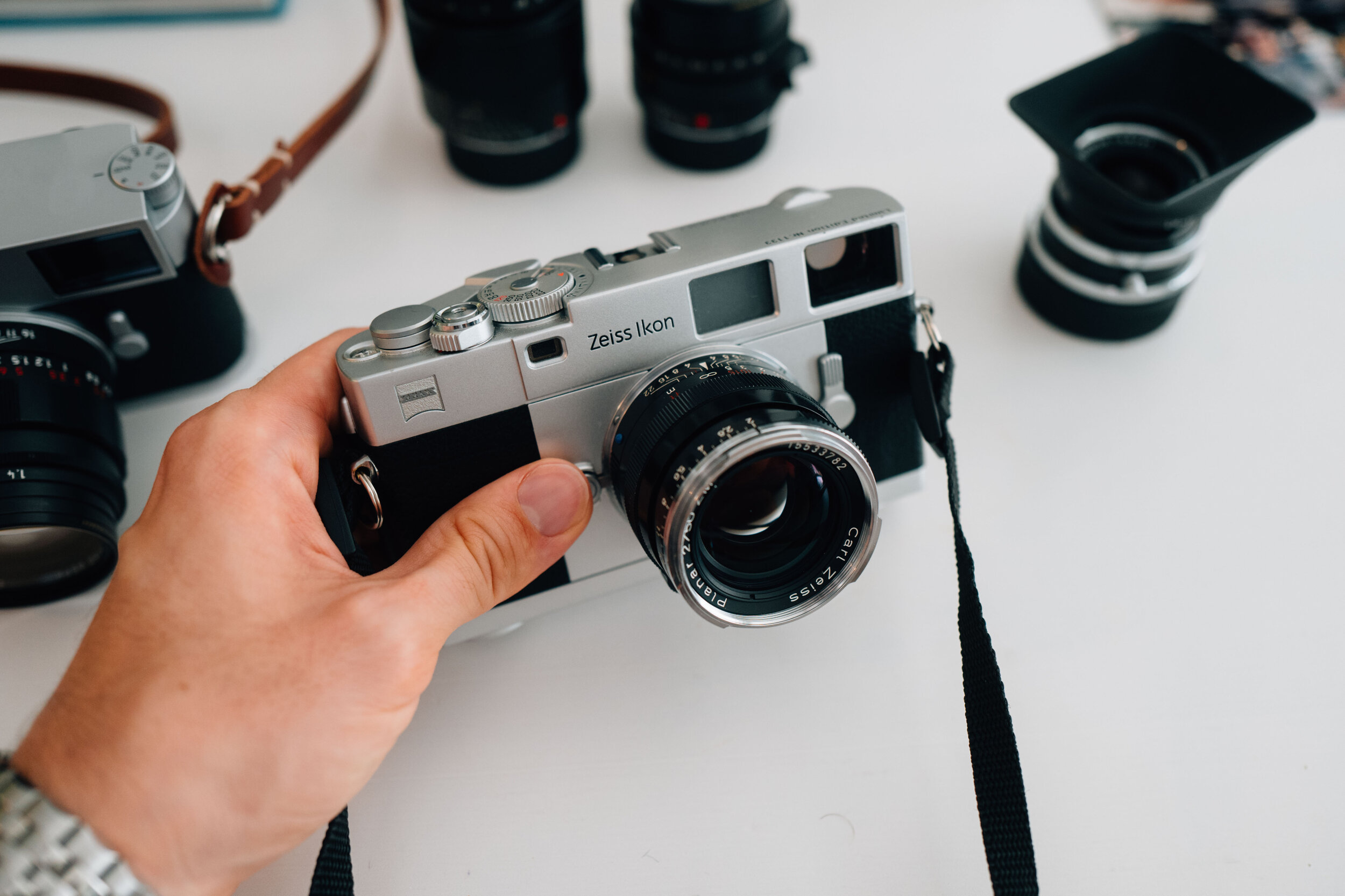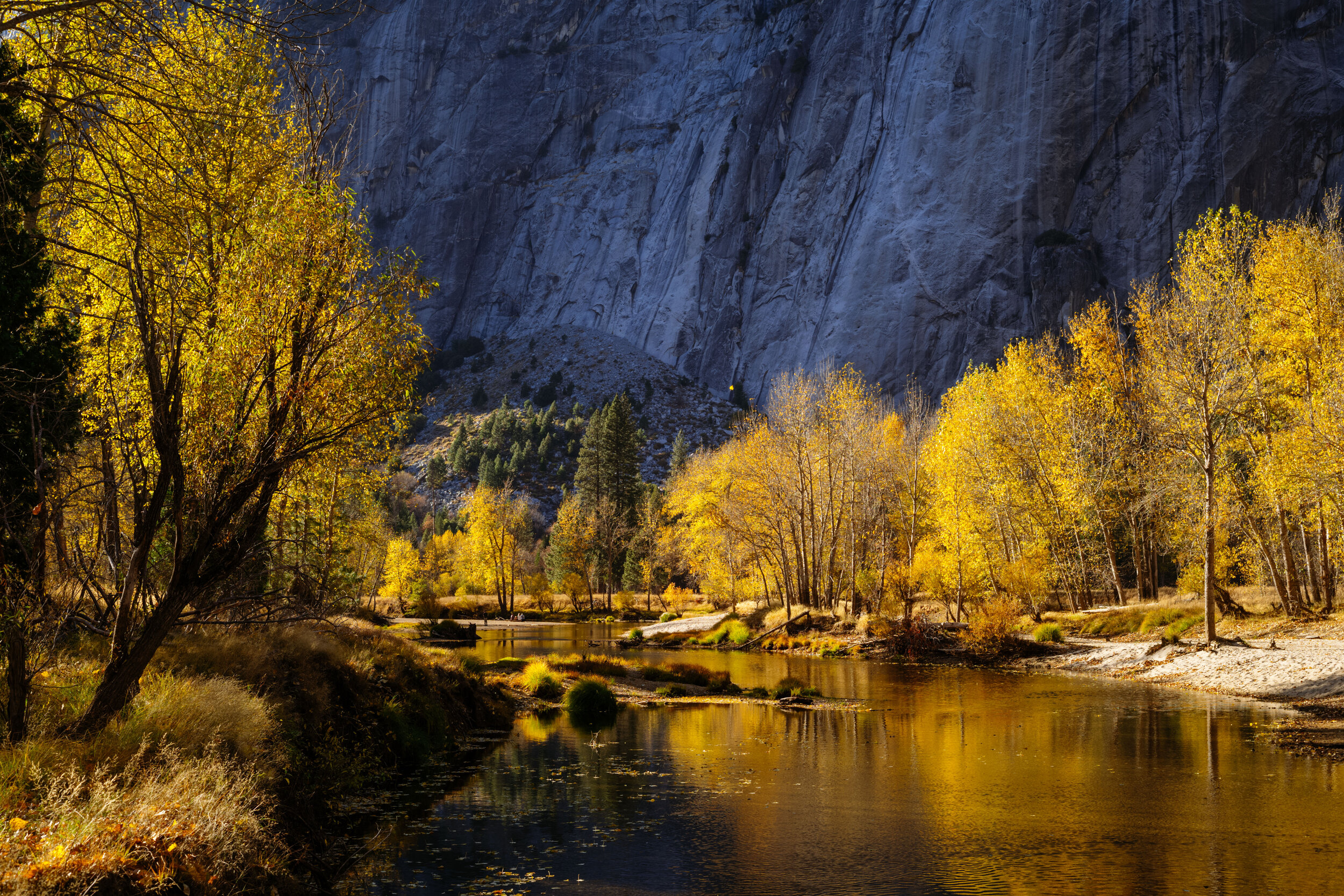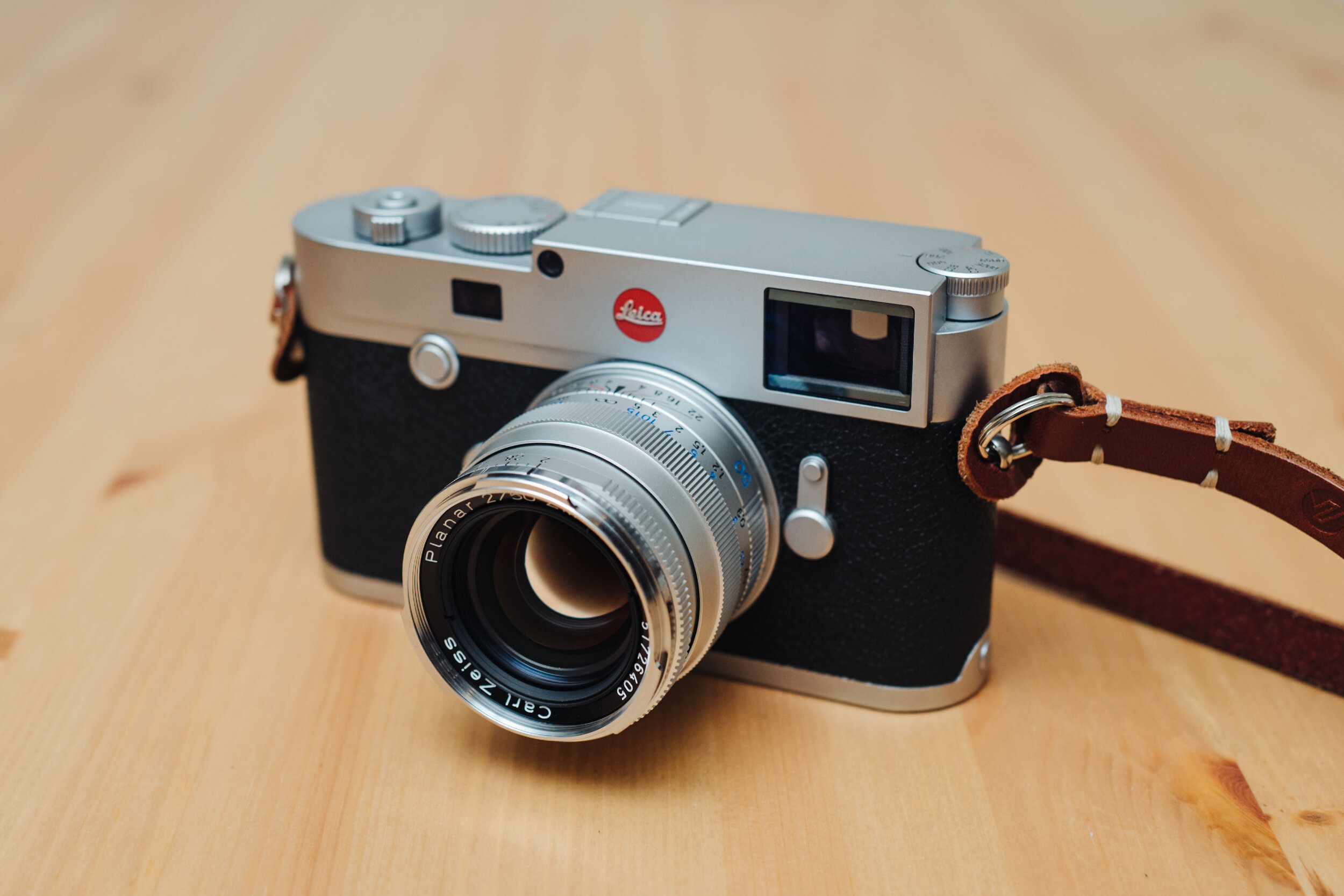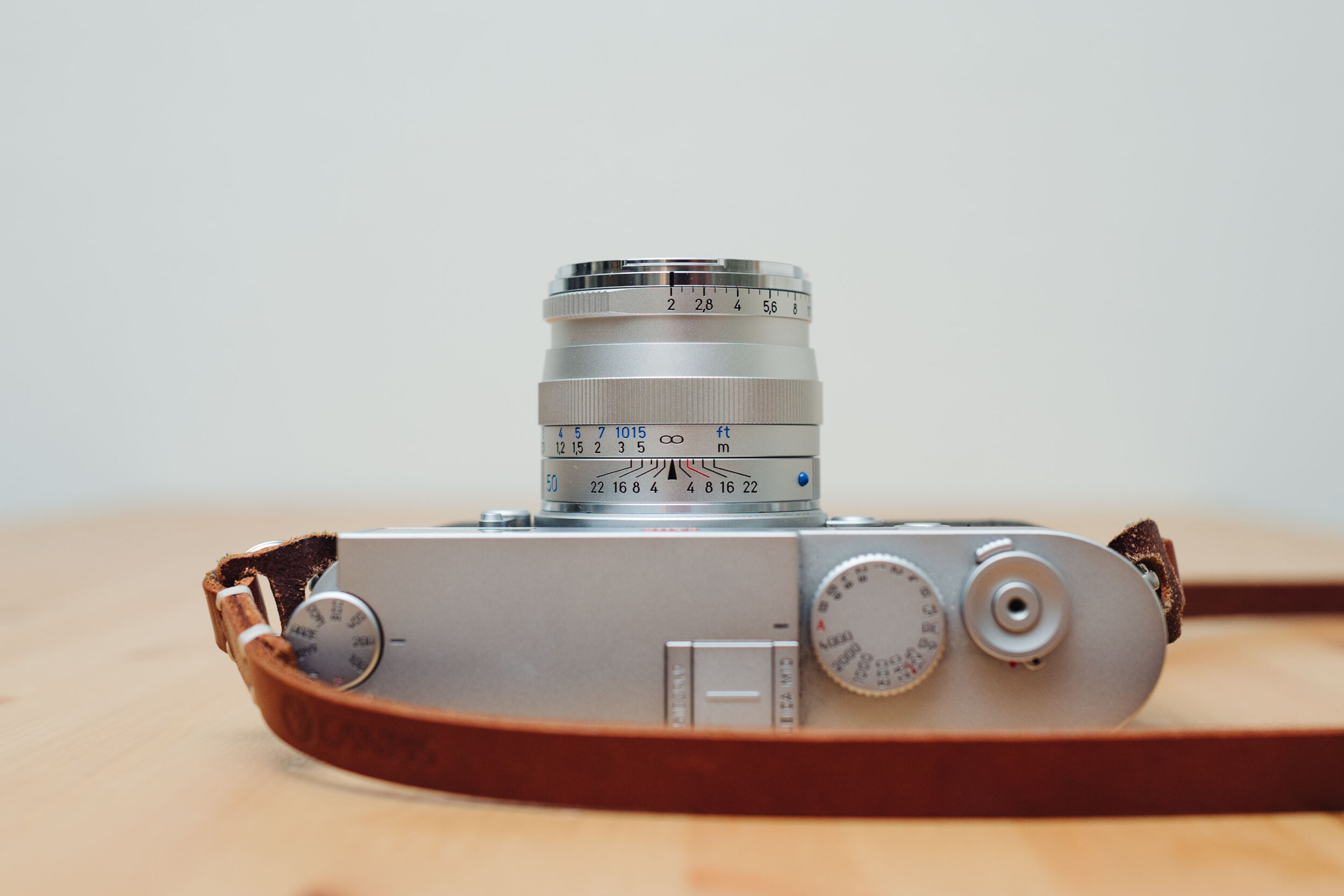Updated May 2025
Introduction
Like several of the 50mm lenses available in Leica M mount, the Zeiss Planar doesn’t really have any significant flaws. It’s sharp, compact, affordable, and makes beautiful photos. I bought mine when I realized I missed having a 50mm lens, and wanted one that delivered excellent performance without breaking the bank. It ended up being a very useful lens to have for travel, landscapes, and portraits.
Leica M10
Leica M10
Leica M10-R
About this lens
The Planar is a simple double-Gauss design and is optically almost identical to the Leica 50mm f/2 Summicron. Unlike the Leica, the Zeiss does not have a built-in hood, but otherwise can be thought of as a much cheaper way to get the same lens.
Zeiss Planar
Leica Summicron
Build quality
The Zeiss features all-metal construction and feels very solid. On my copy, the focus and aperture rings both feel great. The mechanical quality overall feels a tad less deluxe than the much more expensive Leica Summicron, but it’s very close and they’re both excellent.
Size and feel
Perfect size and great handling. I only have a few tiny complaints. First, the aperture ring is in 1/3rd stops, and I prefer the 1/2 stops of Leica and Voigtlander lenses. Second, this lens has the standard Zeiss focus “bump” and I’ve never understood the point of these. Third, unlike the Leica version, the Zeiss doesn’t have a built-in hood; if you want one, you’ll have to purchase it separately and attach it to the front bayonet.
From left: Voigtlander 35/2, Leica 35/1.4 FLE V1, Voigtlander 50/1.5 II, Zeiss 50/2 Planar, Voigtlander 50/2 APO, Zeiss 85/4
Image quality
Distortion:
Unlike the Leica 50/2, the Zeiss has a detectable amount of barrel distortion (1.5%). I’ve never noticed it in my photos, and it’s very simple to correct in Lightroom.
Vignetting:
Well-controlled. There are formal vignetting tests in my review of the Voigtlander 50/2.2, which I compared side-by-side with the Planar.
Lateral chromatic aberration:
Minimal/none.
Longitudinal chromatic aberration:
In my review of the Voigtlander 50 APO, side-by-side testing shows that the Planar is not quite the same as an apochromatic lens, but longitudinal CA is well-controlled. The lack of noticeable color separation in the following photo is very reassuring:
f/2, Leica M10
Bokeh:
I like the out-of-focus areas produced by the 50 Planar. Similar to the 50 Summicron, the Planar has a fair amount of “soap-bubble bokeh” which can make backgrounds look busy. I personally don’t mind this type of rendering, and some people seek out vintage lenses specifically for this look (e.g. the 8 element 35 Summicron).
f/2, Leica M10-R
f/2, Leica M10-R
f/2, Leica M10-R
Sharpness, infinity:
Overview
Center, f/2
Center, f/4
Mid-frame, f/2
Mid-frame, f/4
Corner, f/2
Corner, f/4
Analysis: The center is already tack-sharp at f/2. The mid-frame loses just a teeny bit of resolution and microcontrast at f/2, but it’s still plenty sharp on my M10-R. The corners have a noticeable amount of coma wide-open. By f/4 this lens is perfect corner-to-corner.
Sharpness, 1.2m:
Overview
Center, f/2
Center, f/4
Mid-frame, f/2
Mid-frame, f/4
Corner, f/2
Corner, f/2
Analysis: Basically the same performance as infinity. I think there is some focus shift but it borders on undetectable.
Sharpness, minimum distance (0.7m):
Overview
Center, f/2
Center, f/4
Analysis: At f/2 the Planar is already plenty sharp for me in the center. Sharpness is even better at f/4 but there is a small amount of focus shift.
Summary and recommendations
Leica M10-R
Leica M10-R
The Zeiss 50/2 Planar is a fantastic standard lens. It’s small, affordable, and has consistently good image quality. It’s virtually the same lens as the Leica 50 Summicron non-APO (review) but for less than 1/3rd the price.
Based on this glowing review, it would be reasonable to assume that I kept my 50 Planar and highly recommend it to others. But I actually ended up selling my Planar because I like the new Voigtlander 50/2.2 (review) even better. That lens is smaller than the Planar, sharper than the Planar, and can focus to 0.5m. I also prefer its focus tab and 1/2-stop aperture settings. It also retails for significantly less than the Planar. The 50 Planar is still a reasonable choice for those who care about the slight difference in maximum aperture, especially with how affordable the Planar is on the used market. I would not recommend paying the full retail price anymore.
In addition to the Voigtlander 50/2.2, there are a lot of other strong competitors to the 50 Planar. The Voigtlander 50/2 APO-Lanthar (review) is only slightly more expensive but offers truly incredible optical performance with apochromatic correction. For those looking for something faster than f/2, the Voigtlander 50/1.5 II (review) is surprisingly sharp for how fast, compact, and affordable it is, although I was not in love with its rendering. Finally, the Leica 50 Summilux ASPH is my recommendation for those willing to spend a lot in order to get the best 50mm lens for portraiture. It is not without its compromises, but the images it produces at f/1.4 are in my opinion the most beautiful output from any 50mm lens for M mount.
Good
Image quality
Build quality
Size and feel
Price
Bad
None
Buy here
Making this website is my hobby and hosting it costs $200/year. If you decide to buy this lens and want me to get paid a commission, please complete your purchase using one of these links. Alternatively, you can buy something from my accessories page or buy me a coffee!
Other alternatives (not recommended)
Leica 50mm f/2 APO-Summicron ASPH
This lens offers similar performance to the Voigtlander APO and is a bit better in terms of size and ergonomics. But that’s not enough to overcome its price tag of over $9000.
Voigtlander 50mm f/3.5 Heliar
This lens offers optical perfection with a fairly limited f/3.5 aperture in a tiny but odd-looking package. For a similar price you can just get the Voigtlander 50/2.2, so I’m not sure who this lens is for.
Zeiss 50mm f/1.5 Sonnar
Voigtlander 50mm f/1.5 Heliar
These lenses use vintage optical designs and should only be used by those who intentionally want soft, dreamy images with lots of aberrations. They also have very strong focus shift, which makes them a pain to use on rangefinders.
Additional reading
Comparison vs Voigtlander 50/2 APO
Review by KJ Vogelius
Review by PC Mag
Massive 50mm comparison by 47 Degrees
Comparison vs Leica 50/2 APO by Steve Huff
More sample images
f/2, Leica M10
Leica M10-R
Leica M10
Leica M10
Leica M10
Leica M10
Leica M10-R
Leica M10-R
Leica M10-R




































